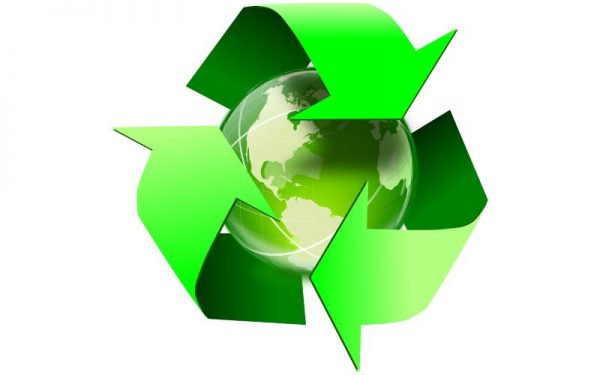Migratory birds found to be flying much higher than expected
Every autumn, billions of birds leave their breeding areas when the temperature drops and food gets scarce to spend the winter in more favourable climes, returning the following spring when warm weather brings food in abundance. These epic journeys can cover thousands of kilometres, often crossing oceans and deserts where birds cannot stop to rest…











